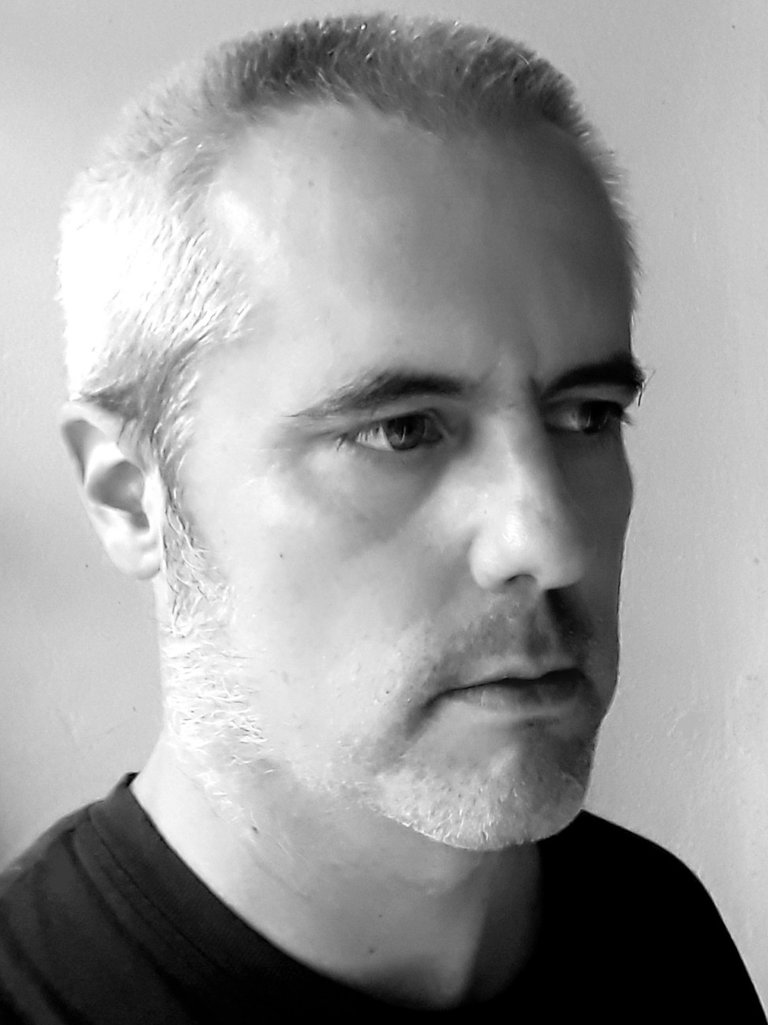“If we experts don’t act consistently in our practices, how can we then make society understand?”
The biologist Nicolás Goñi (Donibane Lopact, 1980) talks with Elhuyar from Turku. He is a fishery researcher at the Finnish Natural Resources Agency. he has been working in this institution since 2021 and is working around the Baltic Sea to participate in working group meetings and research campaigns.

I used to travel further. “Until 2021, I worked at AZTI in the field of tuna, and although at first I mainly worked in the Bay of Biscay, then moving to tropical tuna, I made many intercontinental trips for training and/or conferences, as well as for tropical tuna marking campaigns. Today, I travel much shorter distances,” he explains, “most of the meetings I have are in the Baltic area, especially in Copenhagen, where ICES is located.” In fact, he researches the small pelagic fish of the Baltic, which do not move as much as the tuna. “In Copenhagen, Gdynia or Riga it is quite easy to go by train and boat rather than by plane. Although a little longer, I do the same for the journeys from Finland to Lapland, which I usually do three times a year.”
In fact, he admits that it was a great contradiction for him to investigate sustainability issues while traveling so much by plane. “I find it quite difficult, for example, to see fishery scientists take the plane indifferently, sometimes even to travel 500 kilometers. We try to calculate the limits of exploitation of fish stocks, but our working habits do not take into account the limits of carbon emissions in the atmosphere. In my opinion, if we experts do not act coherently in our practices, how can we then make society understand? Many things are done simply by habit, but sustainability must also be reflected in practices.”
It is also a matter of organization of work: “Having care responsibilities at home, or for example living in the Azores Islands, leads to difficulties in using lower emission transports, which would require a different organization of work.” He believes that the current organization of work encourages travel as quickly as possible and therefore increases the number of trips to participate in more issues. “Why do we have so many meetings and so many talks today? I have heard from many that it is too much to make a real contribution to each one. In addition, I believe that going by plane also hurts work, because it does not leave adequate time for work. Instead, you can sit quietly on the train and concentrate, you can connect the computer...”
Driven by coherence
In addition to fish research, he is also involved in dissemination, in which he also clearly demonstrates his commitment to sustainability. “After all, it’s a matter of consistency. I would feel very uncomfortable if I only considered sustainability in my narrow field of research, without considering other areas. This is what prompts me to write about this multiple crisis by reading experts from areas outside of my specialized field.”
Buletina
Bidali zure helbide elektronikoa eta jaso asteroko buletina zure sarrera-ontzian











